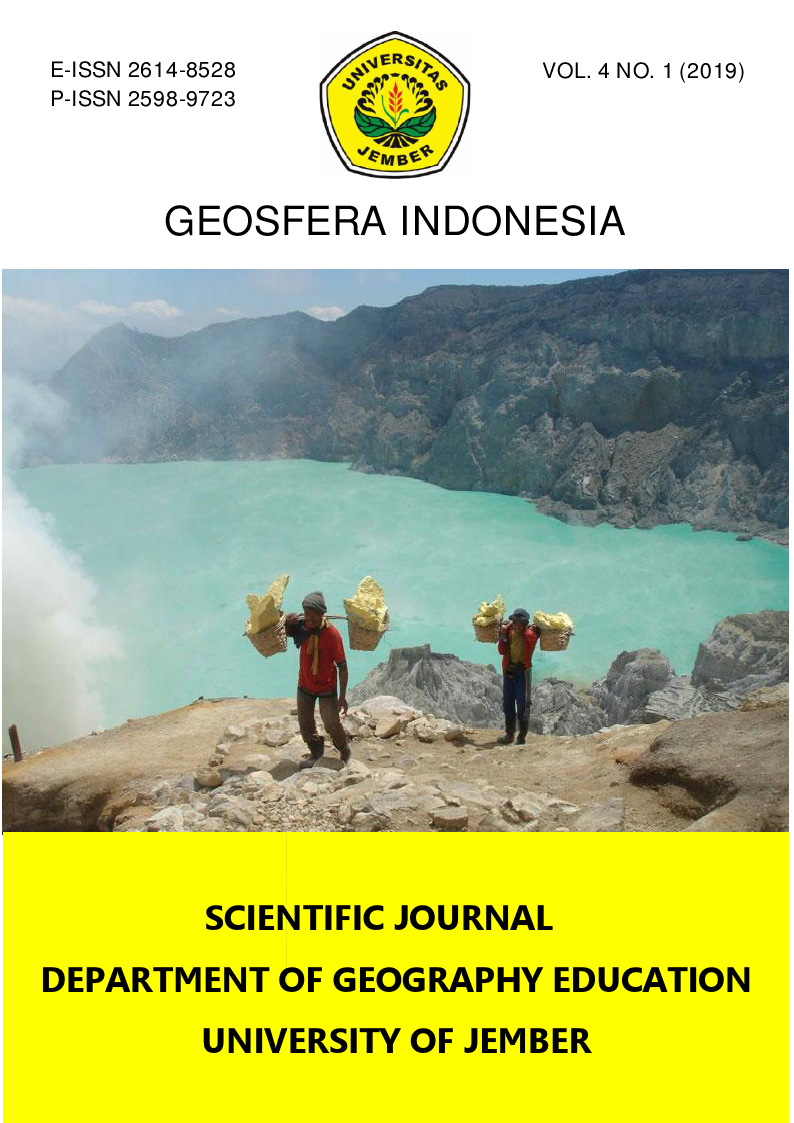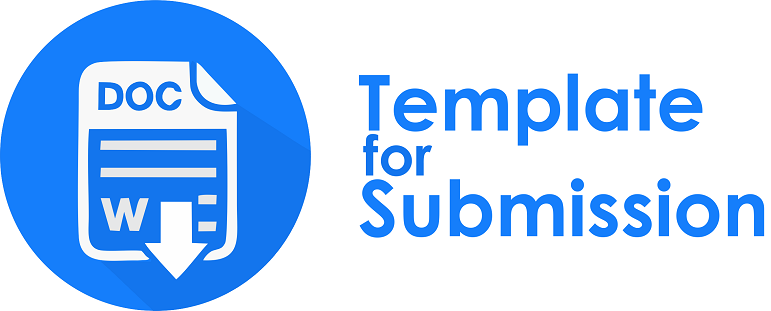DEVELOPING STUDENTS LEARNING ATTRIBUTES THROUGH COLLABORATIVE LEARNING BASED ON FLIPPED CLASSROOM
Abstract
Educators and education practitioners should be able to respond educational shift by modify paradigm of learning in the classroom. The problem that frequently emerge were the lack of conceptual and practical understanding, experience sharing among the students, as well as spirit of collaboration in learning. The purpose of the study was to build and develop students’ learning character through collaborative learning based on flipped class. The study was done in the framework of lesson study, using three steps (plan, do, and see). The technical steps included socialization, identifying problem, designing learning process, implementation, evaluation and reflection, and follow up. The result showed that collaborative learning based on flipped classroom was effective in developing the spirit of cooperation, honesty, discipline, and openness as it prioritized on the ability to cooperate with the others. There were some obstacles regarding time and class size in conducting lesson study.
Keywords: Collaborative Learning, Flipped Classroom, Learning Attributes.
References
Agustian, A. G. (2007). Rahasia Sukses Membangun Kecerdasan Emosi Dan Spiritual: ESQ. Jakarta: Arga.
Karlsson, G., and Sverker J. (2016). “The Flipped Classroom : A Model for Active Student Learning.” : 127–36.
Markuszewska, Iwona, Minna, T., and Josep V. S. (2018). “New Ways To Learn Geography – Challenges Of The 21 St Century.” Quaestiones Geographicae 37(1): 37–45.
Nofrion, and Bayu, W. (2018). “learning activities in higher order thinking skill ( hots ) oriented learning context.” 3(2): 122–30.
Ozdamli, Fezile, and Gulsum, A. (2016). “Educational Technology : Current Issues.” 8(2): 98–105.
Pavanelli, R. (2018). “The Flipped Classroom : A Mixed Methods Study of Academic Performance and Student Perception in EAP Writing Context 4205 Bonaventure Blvd.” 5(2): 16–26.
Ragg, Mark, and James, P. (2017). “Competency-Based Blended Learning : Flipping Professional Practice Classes to Enhance Competence Development Mark Ragg Eastern Michigan University , United States of America James Piers Hope College , United States of America.” IAFOR Journal of Education 5: 47–66.
Stoltman, J. P. (2012). “Perspective on Geographical Education in the 21 St Century.” : 17–24.
Suharwati, Sri, I.I., Sumarmi, and Ruja, I. N. (2016). “Pengaruh Model Pembelajaran Resource Based Learning terhadap Minat dan Hasil Belajar Geografi Siswa SMA.” Jurnal Pendidikan 1(2): 74–79.
Zubaidah, S. (2017). “Lesson Study Sebagai Salah Satu Model Pengembangan.” Makalah Pendidikan dan Pelatihan Nasional dengan Tema Peningkatan Profesionalisme Guru melalui Kegiatan Lesson Study (April 2010).
Zuchdi, D. (2009). Pendidikan Karakter. ed. UNY Press. Yogyakarta.
Copyright (c) 2019 Geosfera Indonesia Journal and Department of Geography Education, University of Jember

This work is licensed under a Creative Commons Attribution-Share A like 4.0 International License







